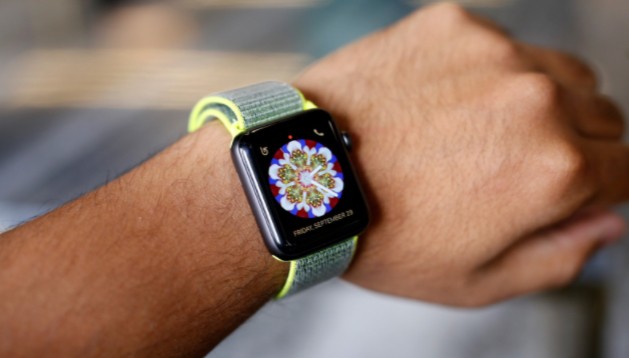
Human beings are habitual creatures. We form habits around eating, cleaning, working and, of course, money. Some money habits, like saving and practicing frugality are positive, setting the stage for financial stability both today and in the future. On the other hand, some money habits, like spending excessive amounts at restaurants or earning little to nothing on your savings aren’t so good for your finances.
And, with 2024 edging closer, many are making plans for the new year. Chances are that you are too — and it would be no surprise if those plans surrounded money. After all, according to YouGov, the most common new year’s resolution among Americans is to save more money.
But how exactly can you do that? Well, for many people, it starts with getting rid of some of the bad money habits that get in the way of saving.
Open a high-yield savings account to make your money work harder for you.
5 money habits to break in 2024
If you’ve got your sights set on improving your financial stability in 2024, one way to achieve this is to break bad money habits you may have developed over the years.
Here are five habits you should work to break now if you have them:
Storing cash with little to no return
You’ve likely heard that we’re in a high interest rate environment. However, traditional savings accounts offer an average APY of just 0.46% right now — which is not enough to keep up with inflation, much less allow you to save. Moreover, if you keep your extra cash in your checking account, there’s a high likelihood that you’re not earning any interest on it.
“Make sure your cash savings are earning over 4% return,” says Michele Pasqualina, senior wealth advisor at ALINE Wealth.
So, where can you earn more than 4% on your money?
High-yield savings accounts and CDs are compelling savings vehicles. Some of the best high-yield savings accounts offer between 4.25% and 5.27% currently, while some of the top CD rates offer rates over 5.5% right now.
Earn a bigger return on your savings with a high-yield savings account now.
Eating out excessively
It’s OK to go out to lunch or dinner a couple of times per month, but when doing so becomes excessive, the costs can add up quickly. When you go out to eat, it’s easy to spend between $10 and $40 or more. However, you can eat at home for a fraction of that price.
Rather than eating out several times a week, try and keep trips to restaurants to a maximum of two or three times per month. You might be surprised at just how much money you could save when you do.
Paying high interest on debt
Debt can be expensive, especially considering today’s high interest rates. So, if you have high-interest debt, it’s a good time to work on it.
“Reduce or eliminate interest on debt by consolidating,” says Pasqualina.
You can do this in a couple of ways:
- Debt consolidation loan: Use a personal loan or home equity loan to reduce the interest you pay on your debts while consolidating multiple debts into one easy-to-manage account.
- Debt consolidation program: If you don’t qualify for a debt consolidation loan, a debt consolidation program may be fitting. With these programs, professionals use your financial data and evidence of financial hardship to negotiate new terms with your current lenders. The consolidation company then creates a payment plan and collects a single monthly payment from you, which they use to pay your creditors as agreed.
No matter which route you choose, taking quick action is key. The faster you cut into the interest rates on your debt, the more money you’re likely to save.
Failing to make tax-advantaged investments
Many employers offer retirement savings programs. You can typically invest in these programs on a pre-tax basis, reducing your taxable income.
There are other types of tax-advantaged savings accounts you can take advantage of, too. Pasqualina says you should “max out contributions to eligible 401ks, 403bs, IRAs, HSAs, FSAs and 529s, to reduce taxable income and/or grow your savings tax-deferred or tax-free.”
Even if you can’t afford to max out these tax-advantaged savings options, it’s likely wise to at least take advantage of them to reduce your tax burden.
Avoiding CDs
If you looked at what CDs were offering a few years ago or so, their low interest rates offered little reason to lock up your money. Other interest-bearing accounts or different types of investments were often a better option.
This may have led to the mindset that CDs simply aren’t worth it. However, if you look at today’s rates, they have the potential to change minds on the topic. With so many CDs offering APYs over 5%, these accounts deserve a second look.
The bottom line
Bad money habits can cost you in the long run, so why not use the new year to focus on improving your financial stability by breaking them? If you’re keeping cash in an account with little to no return, if you have an excessive eating out habit or if you take part in any of the bad money habits above, now’s the time to make a change. Make breaking bad money habits your New Year’s resolution today.
























